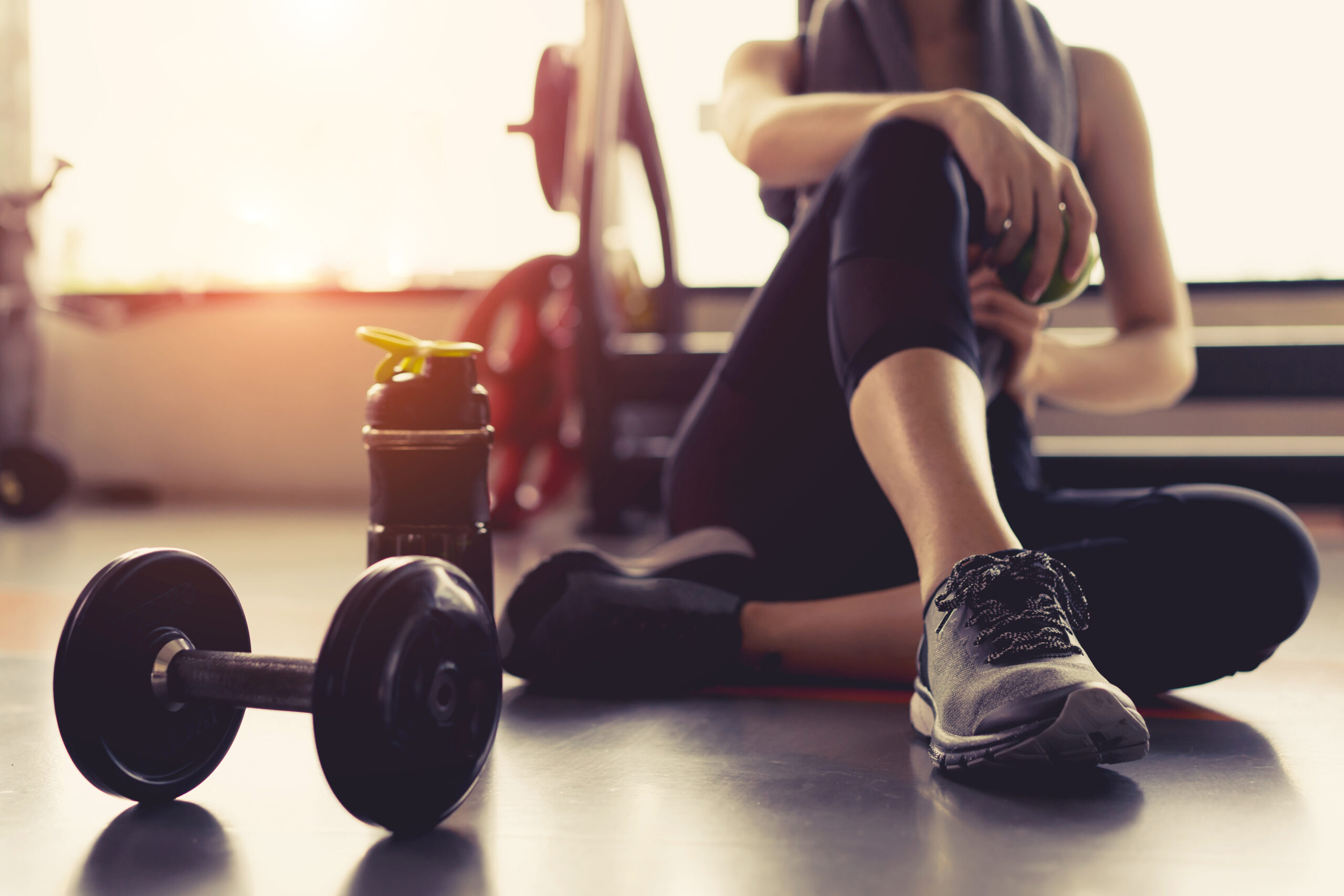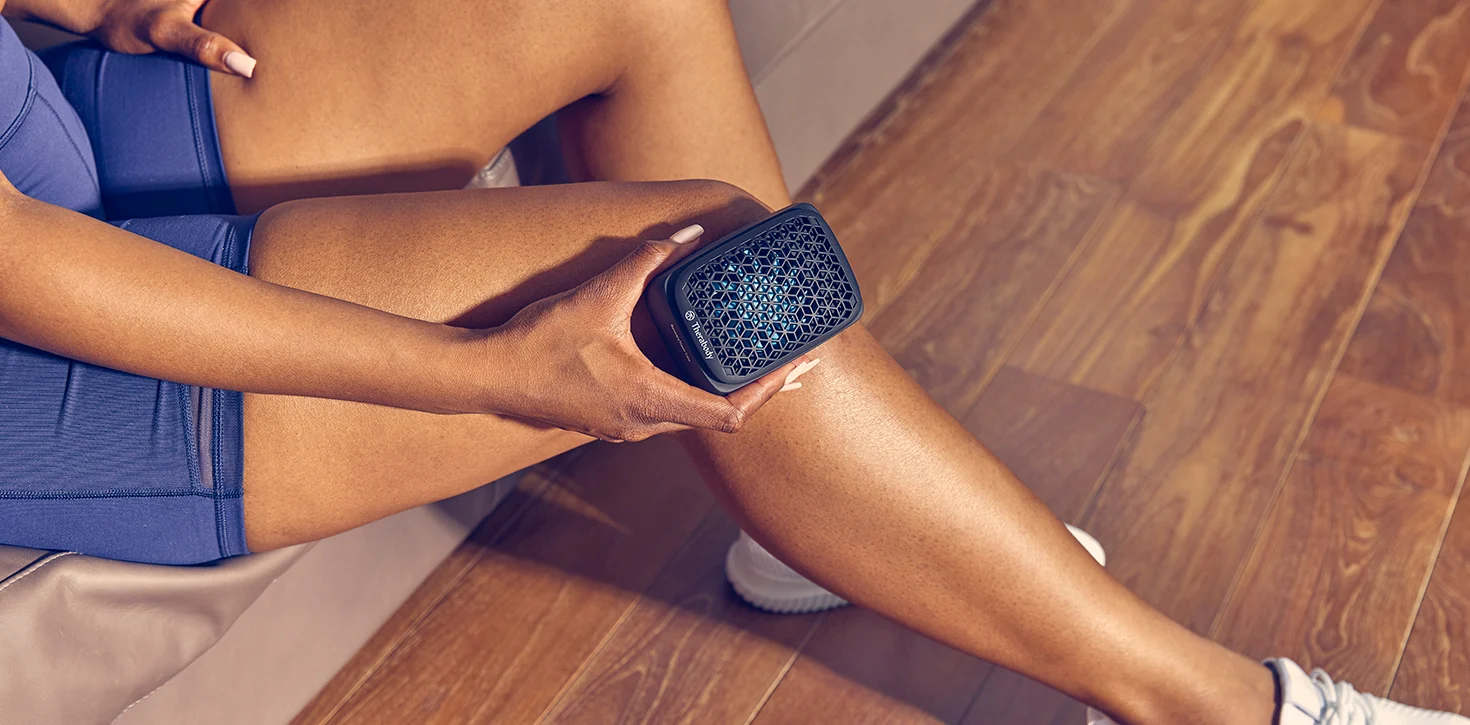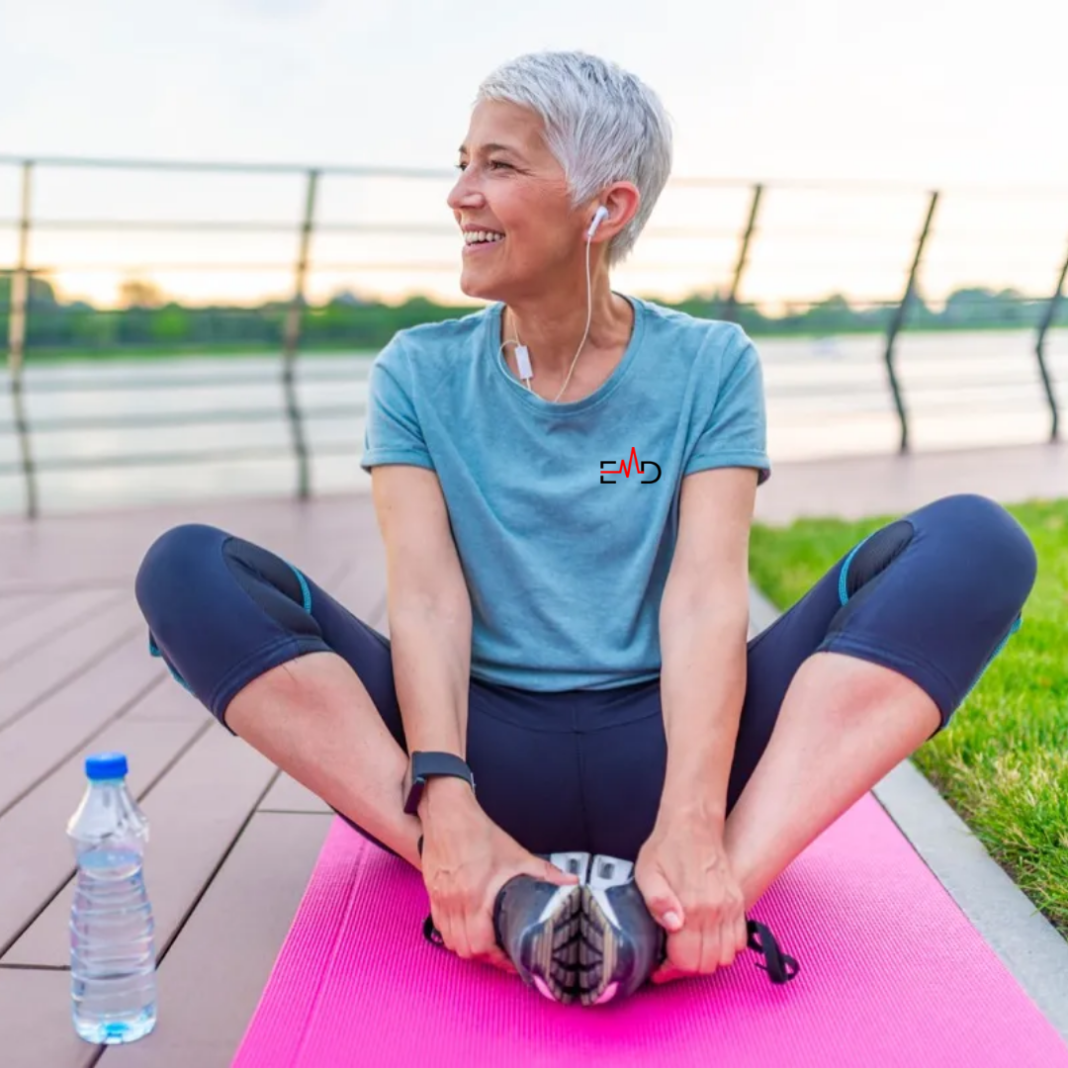Exercise Daily – After an intense workout, your body needs time to recover and repair itself. Post-workout recovery is a crucial aspect of any fitness routine, as it helps prevent injuries, reduces muscle soreness, and improves overall performance. This article will explore essential tips to aid your post-workout recovery and ensure a speedy bounce back.
Hydrate, Hydrate, Hydrate!
The Importance of Hydration
Staying hydrated is vital before, during, and after your workout. Water is crucial in various bodily functions, including muscle repair and nutrient absorption. When you exercise, you lose fluids through sweat, leading to dehydration. Replenishing these lost fluids is essential for optimal recovery.
How Much Water Should You Drink?
The water you need to drink varies depending on your body weight, exercise intensity, and climate. As a general guideline, drink at least eight glasses of water daily and increase your intake during and after workouts. Listen to your body and drink when you feel thirsty.

Fuel Your Body with Proper Nutrition
The Role of Nutrition in Recovery
Just like a car needs fuel to run, your body requires proper nutrition to recover efficiently. After a workout, your muscles crave nutrients to repair themselves and grow stronger. Providing your body with the right macronutrients and micronutrients is essential for optimal recovery.
Post-Workout Macronutrients
After a workout, focus on consuming a combination of carbohydrates and protein. Carbohydrates replenish glycogen stores, while protein helps repair and build muscle tissue. Opt for whole foods such as lean meats, eggs, fruits, vegetables, and whole grains to ensure a well-rounded nutrient intake.
Micronutrients for Recovery
Don’t forget about micronutrients! These include vitamins and minerals that support various bodily functions. Incorporate foods rich in vitamins C, E, and D and minerals like magnesium and zinc to aid recovery. Consider adding a multivitamin supplement if necessary, but always consult with a healthcare professional first.
Prioritize Rest and Sleep
The Healing Power of Rest
Resting is as important as working out itself. Your body needs time to repair damaged tissues and replenish energy stores. Ignoring rest can lead to overtraining, fatigue, and decreased performance. Schedule rest days into your fitness routine and listen to your body’s signals for additional rest if needed.
The Sleep-Recovery Connection
Quality sleep is paramount for post-workout recovery. During sleep, your body produces growth hormones that aid tissue repair and muscle growth. Aim for seven to nine hours of uninterrupted sleep each night. Create a sleep-friendly environment by keeping your bedroom cool, dark, and free from distractions.

Stretch and Foam Roll
The Benefits of Stretching
Stretching after a workout helps improve flexibility, increase blood flow to the muscles, and reduce muscle soreness. Engage in static stretches, holding each stretch for 15-30 seconds without bouncing. Focus on major muscle groups like the hamstrings, quadriceps, calves, and chest.
Foam Rolling for Muscle Recovery
Foam rolling is a self-myofascial release technique that helps reduce muscle tension and improve flexibility. By applying pressure to specific areas, you can release knots and adhesions in the muscles. Spend a few minutes foam rolling major muscle groups to aid your post-workout recovery.
Ice and Heat Therapy
The Power of Ice and Heat
Ice and heat therapy reduces inflammation, relieves muscle soreness, and promotes recovery. Ice packs or cold showers can help reduce swelling and numb pain, while heat packs or warm baths can improve blood circulation and relax stiff muscles. Alternate between ice and heat therapy for maximum benefits.
When to Use Ice and Heat
Apply ice therapy immediately after a workout or if you experience acute injuries or inflammation. Heat therapy is more suitable for chronic muscle soreness or stiffness. Remember to use a barrier, such as a towel, between your skin and the ice or heat source to prevent burns.

Listen to Your Body
The Importance of Body Awareness
Each person’s body is unique, and listening to its signals is crucial. Pay attention to any pain, discomfort, or unusual sensations during or after your workout. Pushing through pain can lead to injuries and hinder your recovery progress. If something feels off, consult with a healthcare professional.
Adjusting Your Workout Routine
You may need to adjust your workout routine based on your body’s feelings. This could include modifying exercise intensity, duration, and frequency or trying different workouts. Progress is not linear; taking it easy or challenging yourself when necessary is okay.
Conclusion
Post-workout recovery is a vital component of any fitness journey. Following these essential tips, including staying hydrated, fueling your body with proper nutrition, prioritizing rest and sleep, stretching and foam rolling, and utilizing ice and heat therapy when needed, can enhance your recovery process and achieve better results. Listen to your body, adjust as needed, and prioritize your well-being.
FAQs – Post-Workout Recovery: Essential Tips for a Speedy Bounce Back
Q1: How long should I wait to eat after a workout?
A1: It’s recommended to consume a post-workout meal or snack within 45 minutes to an hour after your workout to optimize muscle recovery.
Q: Are sports drinks necessary for hydration after a workout?
A2: Sports drinks can be beneficial if you’ve engaged in intense, prolonged exercise, as they replenish electrolytes lost through sweat. However, for most workouts, water is sufficient for hydration.
Q: Can I take a hot shower instead of using a heat pack for muscle recovery?
A: A hot shower can relax and promote muscle recovery. The heat helps increase blood flow and relax muscles, aiding recovery.
Q: Is it normal to feel soreness after a workout?
A: Yes, it’s normal to experience muscle soreness, known as delayed onset muscle soreness (DOMS), within 24 to 48 hours after a workout. It’s a sign that your muscles are adapting and getting stronger.
Q: Can I skip rest days and work out daily for faster results?
A: Rest days are crucial for your body to recover and prevent overtraining. Skipping rest days can lead to fatigue, decreased performance, and increased risk of injury. Finding a balance between exercise and rest is important for optimal results.




